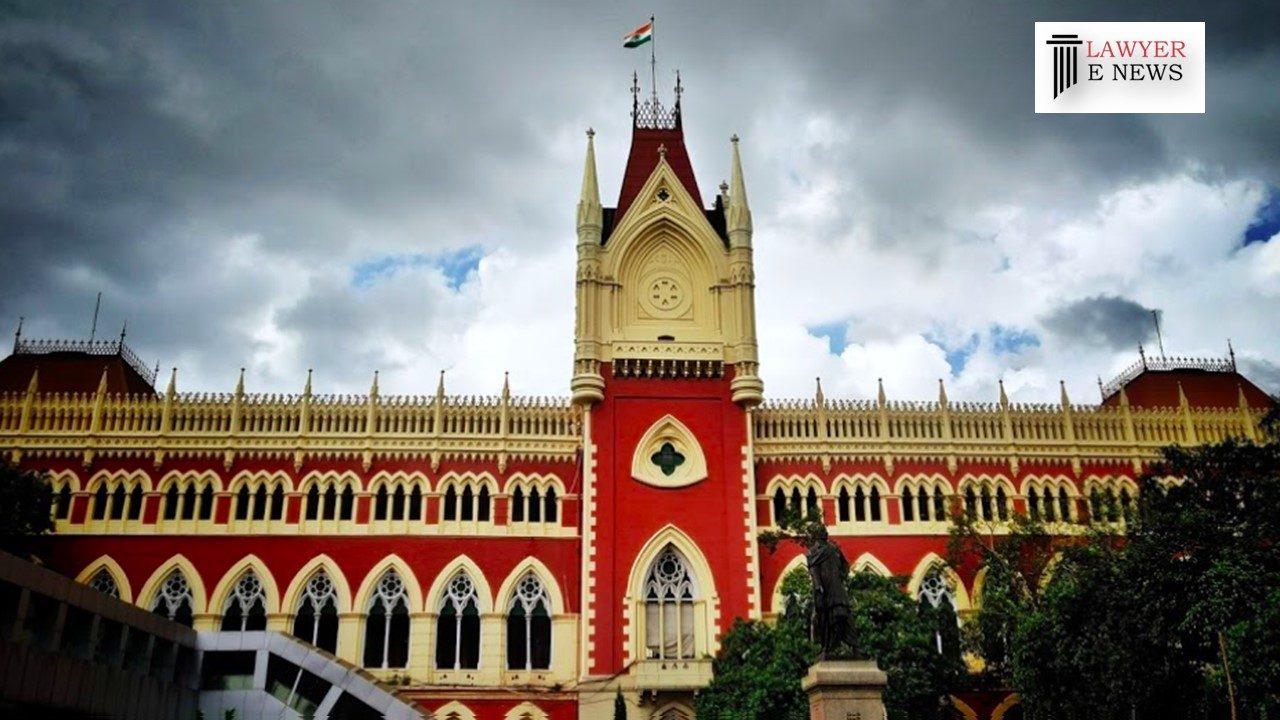-
by sayum
14 February 2026 2:22 PM



In a significant ruling, the Calcutta High Court has quashed criminal proceedings against executives of Tata Metalliks D.I. Pipes Limited in a dispute involving allegations of cheating, criminal breach of trust, and conspiracy under Sections 406, 418, 420, and 120B of the Indian Penal Code (IPC). The court emphasized that the disputes were essentially of a civil nature and not criminal offenses.
The dispute originated from a complaint by Mr. Amit Malviya, proprietor of M/s. Regent Techno, against several executives of Tata Metalliks, alleging non-payment of agreed commissions from marketing contracts. The complainant claimed that despite his efforts in securing substantial orders, the accused reneged on their commitments, leading to financial losses and resulting in the criminal charges.
Justice Bibhas Ranjan De meticulously assessed the legal points raised during the hearing. The court highlighted:
Distinction Between Civil and Criminal Disputes: The judge pointed out that mere non-payment or disputes over commission in business agreements does not necessarily amount to criminal offenses like cheating or breach of trust. The court noted, “The allegations primarily constitute a commercial transaction dispute…which ought to be adjudicated in a civil court.”
Absence of Criminal Intent: The court observed that there was no evidence of criminal intent or deception at the outset by the accused, which is crucial for establishing offenses under the relevant sections of IPC. “There is nothing on record to indicate that the accused had a fraudulent or dishonest intention at the time of entering into the agreement,” the judgment read.
Misuse of Judicial Process: It was concluded that the criminal proceedings were misused to pressurize the accused for settlement, which was inappropriate. The court cited, “Criminal courts should not be used as grounds for recovery of alleged dues, which are essentially of a contractual nature.”
Decision Based on the observations and legal precedents, the court quashed all criminal proceedings against the petitioners, stating that the prosecution’s allegations failed to constitute the ingredients of the charged offenses. The ruling underlined the importance of distinguishing between civil disputes and criminal liability.
Date of Decision: May 3, 2024
Sanjiv Paul vs. State of West Bengal & Anr.
